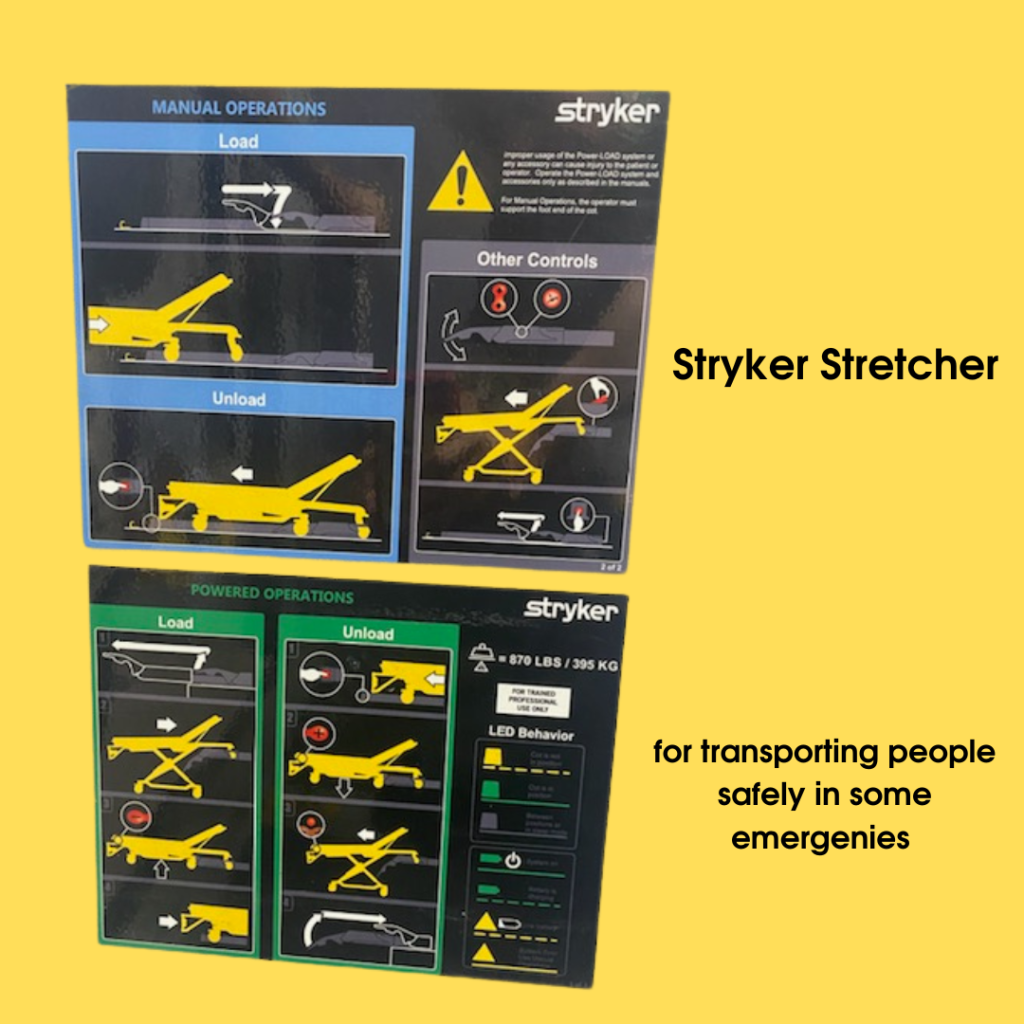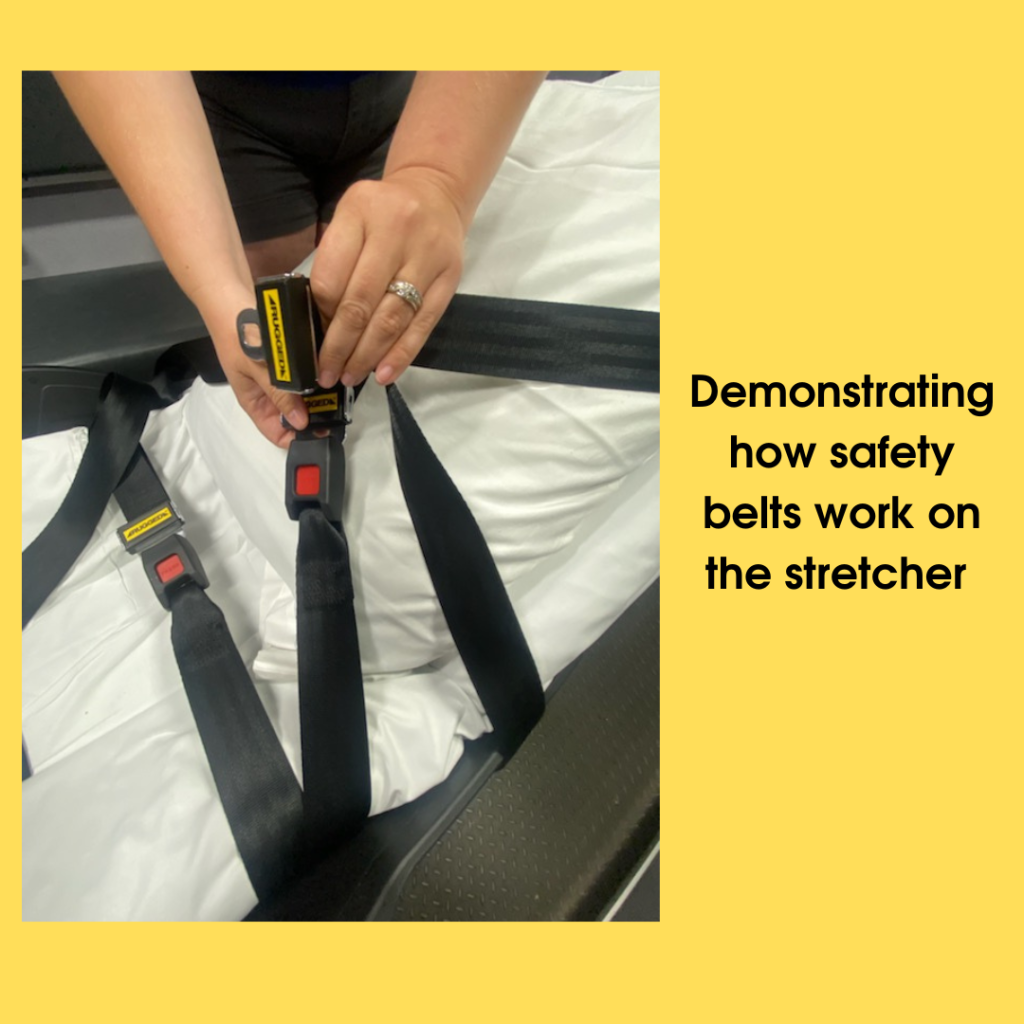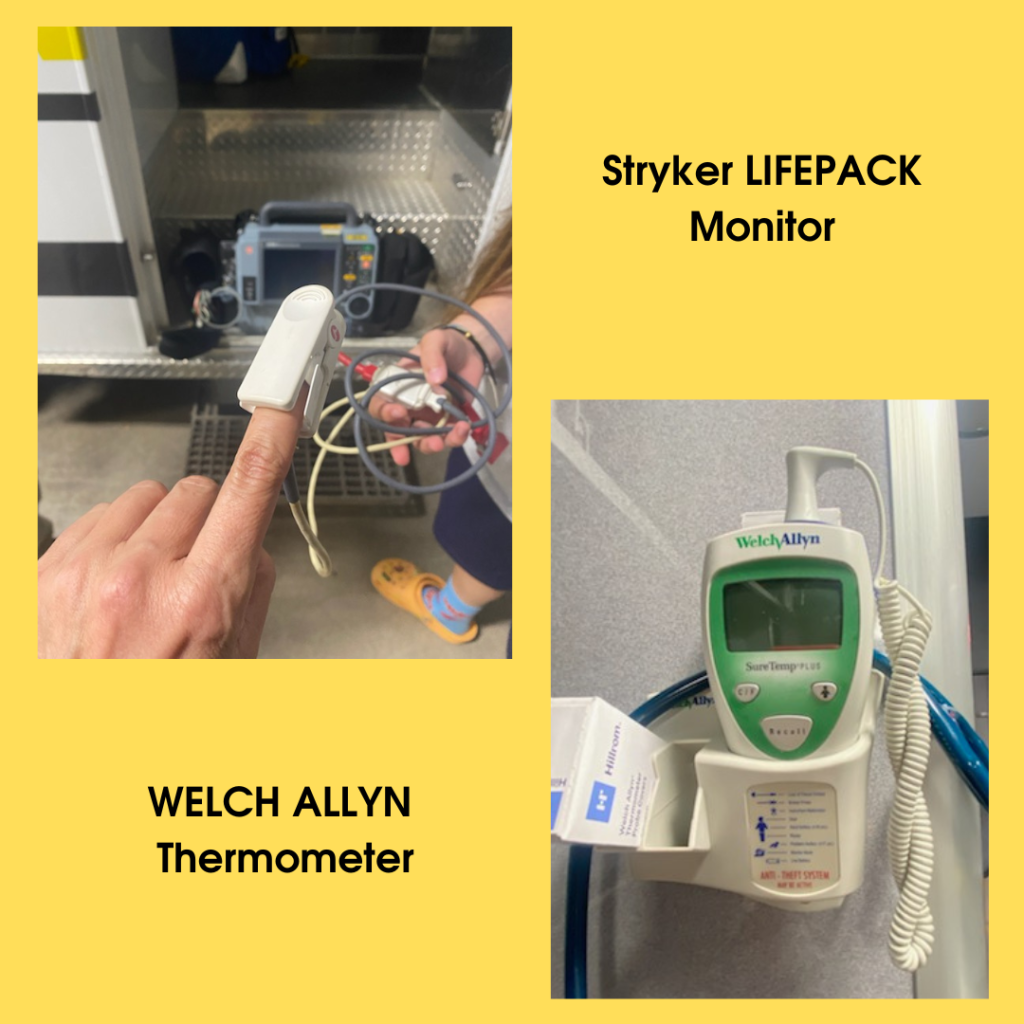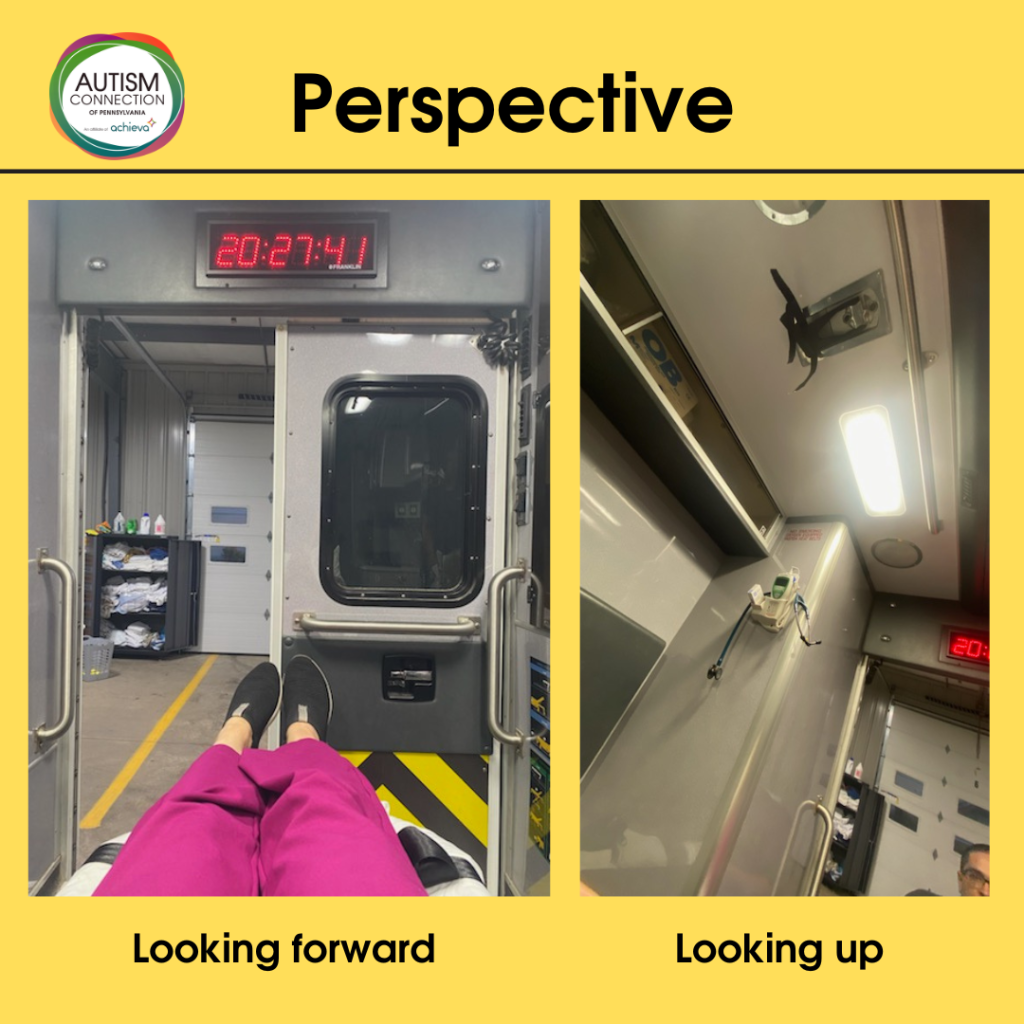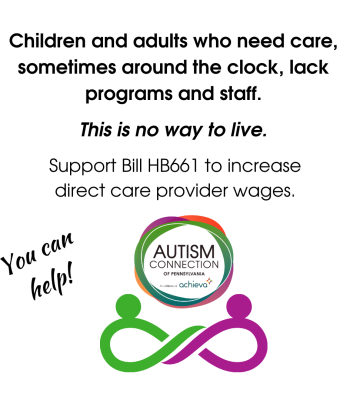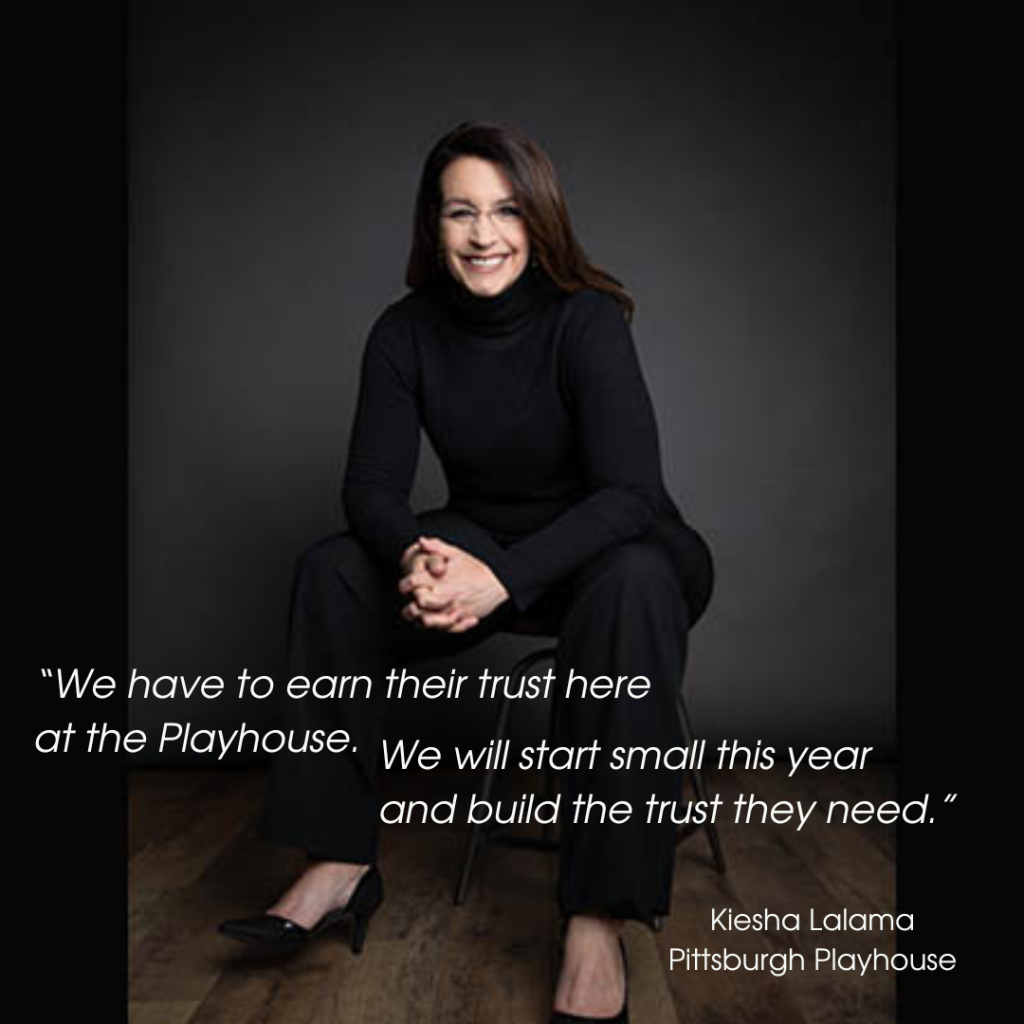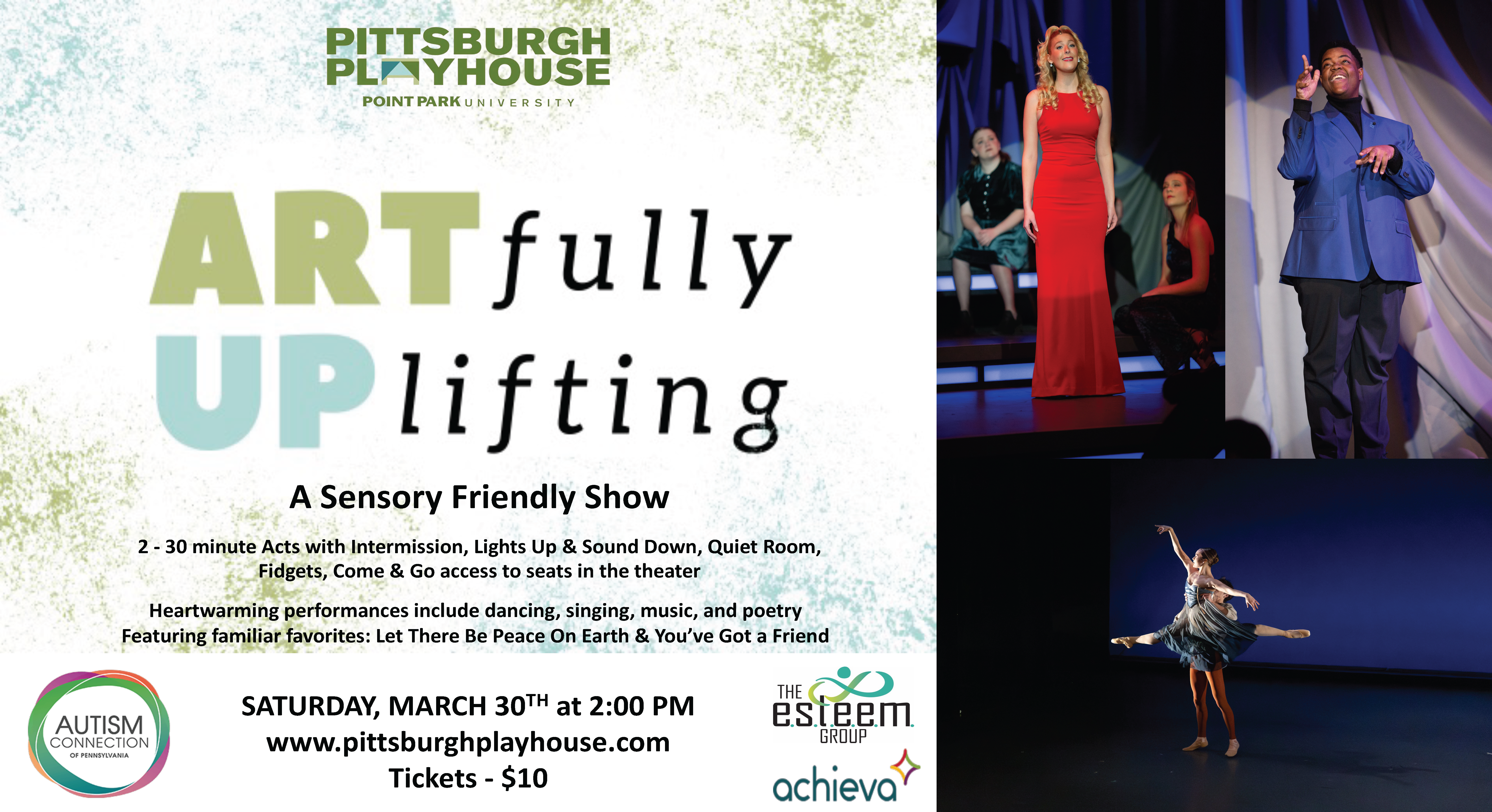Welcome to Pennsylvania. What brings you to Pittsburgh?
I have been living in Pittsburgh since 2021 (in the midst of Covid-19 pandemic). I am a PhD student at Duquesne University and I am already finishing my program in the Theology Department. Not only does my Christian faith in God encourage me to serve others, but also my area of studies sharpens my social awareness and inspires me to practice my faith by “creating beauty” for social justice. Indeed, there is an intrinsic link between beauty, love, justice, and peace that can be explored ad infinitum.
Why is autism an important topic for you?
Autism is an important topic for me because I am the father to a soon seven-year-old boy who was diagnosed with ASD a few years ago. I am still gradually learning about it and slowly seeing things differently in the line of Rick Guidotti’s “change how you see, and see how you change” (Positive Exposure). For example, when I started seeing my child’s ASD (oftentimes emphasized through the aspect of “disorder”) as a “disability for him,” that is, a limiting condition for him, not a “burden for me or for his mother or the wider society,” I started focusing on him and only him, than on anyone or anything else. This helped me avoid many noises and allowed me to see many other things, including the beauty of the mosaic of life and humanity, in which each one of us has their role to play. As a believer, I am convinced there is a reason why God sent my son with the ASD condition and it is my duty to help him lead a full and happy life, and fulfill all his potential.
You have a vision about hope, learning and resources. Can you share that vision with us?
Here is what I have in mind:
Perception of Disability
The perception of disability, be it physical or mental, is perhaps not the same between the Democratic Republic of the Congo (DRC), the country where I come from, and here in the USA: is there a way to help Congolese refugees arriving here not to feel embarrassed if they have a disability or know of a family member who needs help in this sense? The aim would then be to reassure them and show them that each individual is a gift that adds to the mosaic of the whole human community (every difference deserves to be celebrated, not stifled or annihilated or stigmatized).
Taking Perspective from the Disability Community
As is the case all over the world and perhaps even more so in DRC, where culture sometimes leads people to believe that the origin of any disability is witchcraft or curse, isn’t it important to educate people to approach disability from the point of view of disabled people themselves and for them, rather than from the point of view of society and its general standards? The aim here is to see the people concerned as having a “disability,” not being one themselves, i.e. they suffer from a limiting condition (physical or mental); they are not the ones inflicting suffering on society. They are the ones to be put at the center, considering everything from their point of view (movements, senses, activities, and so forth) and not from society’s great number.
Changing the Narrative
The disabled person is perceived as “different,” not as abnormal or as a stumbling block, a gene, and an embarrassment from the point of view of the majority. They have “difficulties in forming and maintaining social relationships, by impairment of the ability to communicate verbally or nonverbally, and by repetitive behavior patterns and restricted interests and activities” (Merriam-Webster), and not the other way around, where the majority would see them as incapable, lazy, incomplete, lesser, abnormal, etc., as if they were responsible for the limitation they suffer from… They are the ones experiencing “social isolation;” perhaps they are the ones who are disturbed by our inquisitive gaze and not the other way around description as “lack of eye contact.” Educating people with such an awareness is irreplaceable.
Learning from People with Lived Experience
In the case of autism, for example, many parents and relatives are often at a loss, and many of their questions (often unformulated) remain unanswered. Shouldn’t we be a step ahead of them, considering the experience of others who have gone through the same thing, while recognizing that every case is unique, and pointing out resources for certain answers that are already known?
Hope and Encouragement
Wouldn’t there be more impact and positive results if all this were done in a relaxed way, emphasizing aspects of hope rather than despair or fear, joy rather than sadness, possibilities rather than limitations, and so forth? The aim is to reassure the family members of the person living with autism that their child is a person with enormous potential, just like any other child, provided they get an education appropriate to their condition.
Much of what you talk about requires people to change the way they perceive autistic people. Part of that requires empathy and new patterns of thought. What are some ways we can achieve this?
A practical way of doing this could be sharing videos, TikTok posts, art products or production (photos, paintings, music, etc.), Internet links, resources, and so forth, all in an informal, relaxed and pleasant way, while also providing useful information. For example, if I had to recommend the American comedy-drama series “Monk”[1] On Netflix, assuming that the “obsessive-compulsive disorder” of the main character qualifies as ASD, I would have pointed out that Adrian Monk (Tony Shalhoub) is a good example of a successful integration of an individual with disability in the smooth running of a city. But this does not prevent us from grasping the different challenges facing Monk and his entourage throughout the episodes.
Here are just a few examples:
- Monk’s apparent lack of empathy
- his phobia of germs
- his obsession with the idealized image of his late wife Trudy Elliot Monk
Is Monk’s “absence of empathy” or “germ phobia” a problem for him or for the larger society? Isn’t it true that, once Monk is known as such, something else is expected of him (namely, solving homicide’s mysteries with the help of his assistants and colleagues) and not his sympathy or sociability?
Everybody loves Monk’s efficiency, while abhorring his sociability. Nevertheless, whether it is Sharona Fleming (Britty Schram) or Natalie Teeger (Traylor Howard), Adrian Monk’s assistants and fellow cops, they all manage to discover his qualities, understand him and, frankly, love him, all the while keeping him involved in the running of the San Francisco Police Department’s task force dealing with homicides. Besides, Monk’s unconditional love for Trudy (even after she dies) is a model of a lifetime engagement of love.
Inspired by this tragicomic series and the way it is perceived by the audience watching it, and placing Monk at the center, I wonder if it can serve as an example for thinking about policy and advocacy for people living with the disability of autism in the US. It is not a question of charity, which should be left to the religious sphere, but of justice and common sense of give-and-take that govern interactions in a civilized society.
[1] Andy Breckman (Creator), Monk [Comedy Drama Series] (2002-2009), Mandeville Films, Touchstone Television, and Universal Cable Productions.
Autism Connection of Pennsylvania thanks Richard for sharing his vision. A simplified version of the interview is below.




